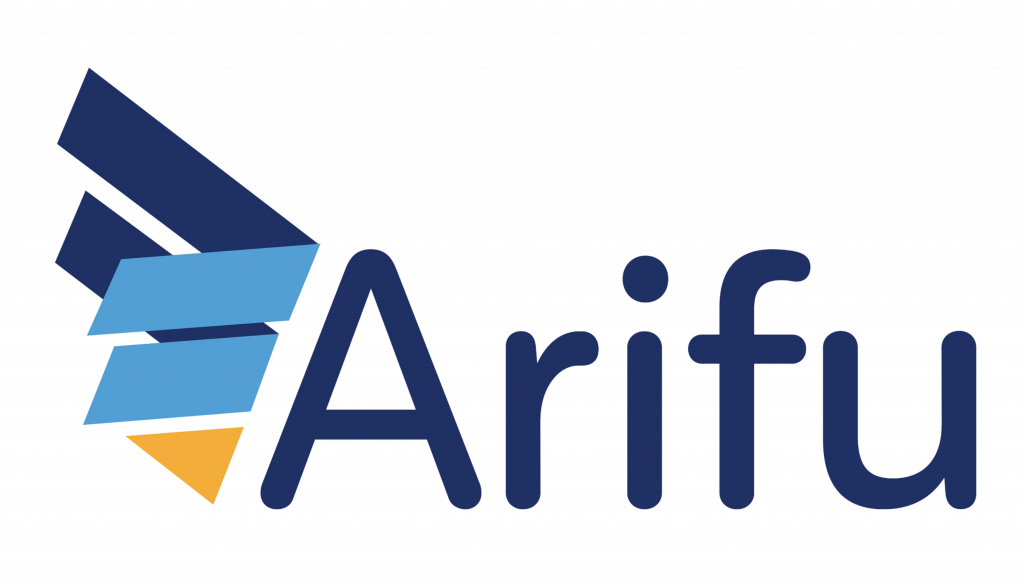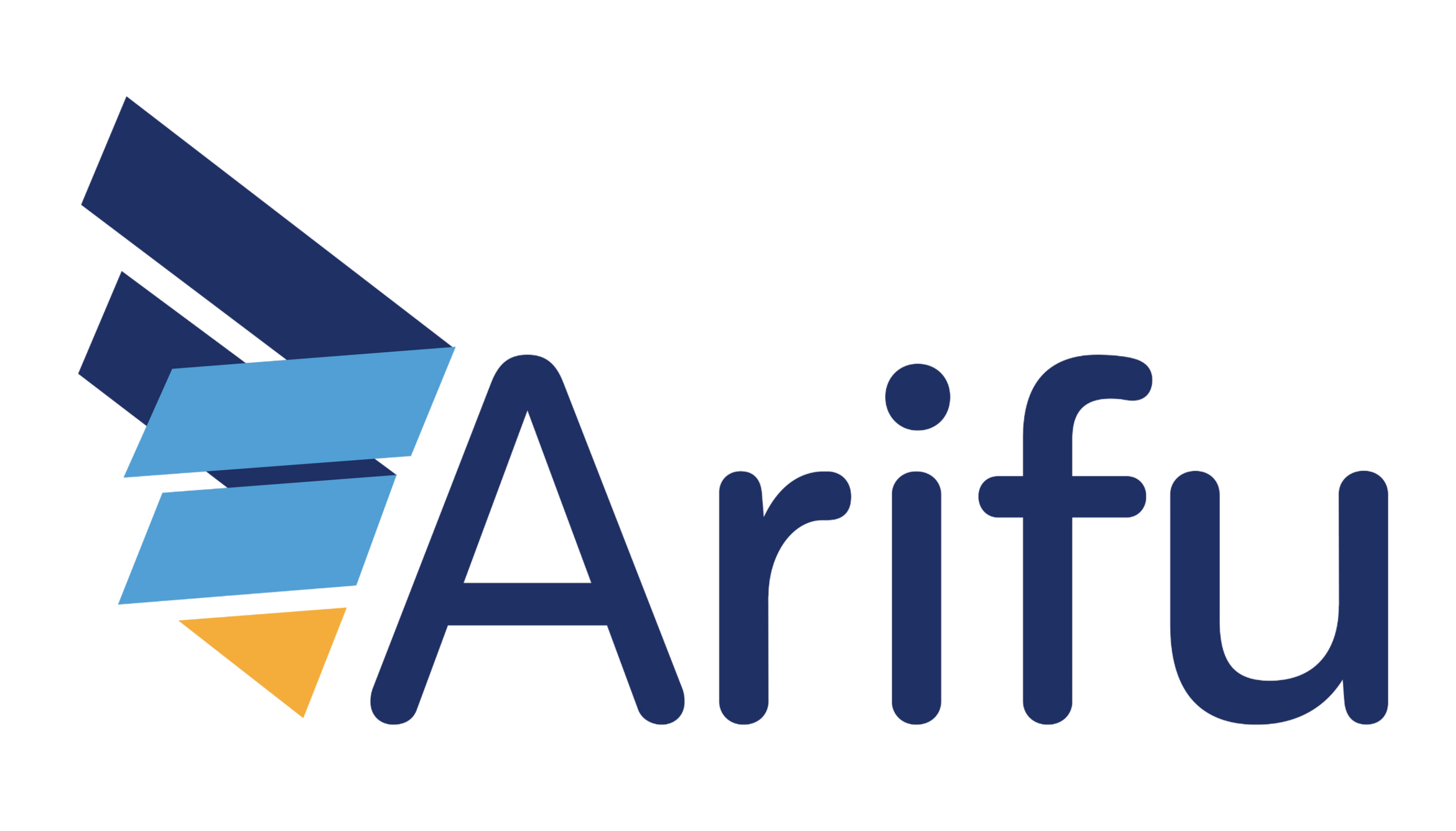In this webinar, Bilal Zia and Pete Sparreboom, discussed how financial service providers can help build financial capability of their clients. In an increasingly digitised world where we are including more into formal financial systems, lack of information and understanding will remain a challenge for many. Whilst many understand the need to save and access credit, the choice of product and provide is more complex. Financial education can be expensive to deliver and does not always lead to changes in financial behaviour.
If delivered well, financial education is often designed to motivate people to use digital payment and transfer services, increase their formal savings and improve their borrowing and repayment decisions. This not only benefits the consumers themselves, but also the banks, microfinance institutions and mobile money operators that serve them.
We are now beginning to see evidence emerging that if done well, there is correlation between financial literacy and good financial decisions. on the economy. For financial education to have impact, it needs to have three key characteristics to be well-designed, well-targeted and well-timed.
– Design: Interactive, story-based, gamified and addressing multiple senses. Also the channel it is delivered on, such as television, radio or mobile phones – going to where the consumer already is
– Targeting: Needs-based, adapted to characteristics of a segment (e.g. gender or farming), and personalised to individual knowledge and experience
– Timing: Provided at teachable moments such as when people migrate or when farmers sell their harvest (and can save) or need to plant or store (and need a loan)
Evidence has also shown that financial education works better when it is offered as part of a broader set of measures, designed to remove different constraints. It is very effective when it is offered alongside good and highly accessible formal financial products, as well as complementary measures to help change behaviour.
By making use of technology, it is also possible to cut some of the costs down for financial education. For example, Arifu offers mobile financial education and information via a chatbot technology through SMS, WhatsApp, Facebook messenger and Telegram channels. This is successful because the training is engaging, tailored and convenient. Financial services providers can consider mobile financial education as a tool that can complement marketing and customer service.

